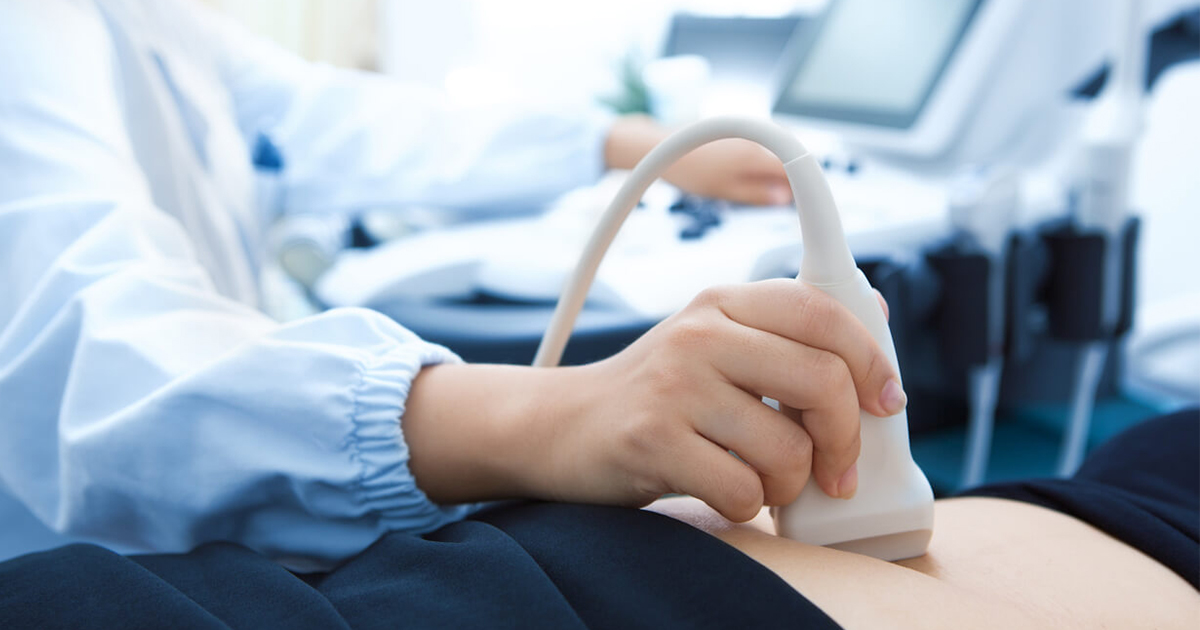Must-know Test for Revealing Kidney Health

More than 800 million individuals are affected by chronic kidney problems worldwide. It is possible for people with chronic kidney problems without knowing they have this condition. It is because patients usually do not exhibit signs in the early stage, and often even if they do, they do not always show the most clearly defined signs.
Monitoring our kidney health state is vital by getting some tests done. If kidney problems are detected early, we could respond quicker and performs necessary interventions to prevent them from worsening. There are some regular kidney function tests that you may already be familiar with, such as eGFR, serum creatinine, and urine protein. There are a few more tests that help us to know the status of our kidneys.
1. Sonography
An imaging test for kidneys and bladder. Useful to detect crystal formation or infection.
2. Blood pressure
Kidneys regulate blood pressure. Uncontrolled blood pressure could be a sign of kidney problems. In addition, high blood pressure is a risk factor for chronic kidney problems as it damages tiny vessels in the kidneys.
3. Serum electrolytes
Mineral homeostasis is one of the critical jobs of the kidneys. When the kidneys are not functioning properly, it could cause derangements in serum electrolytes, including sodium, potassium, calcium, etc. These abnormalities could lead to health consequences.
These are the tests that help reflect our kidney health states. Do check-ups regularly, especially for the high-risk group. Early prevention and detection are essential to keep our kidneys stay healthy!
- * All research and clinical data should be used as reference purposes only, results may vary.




